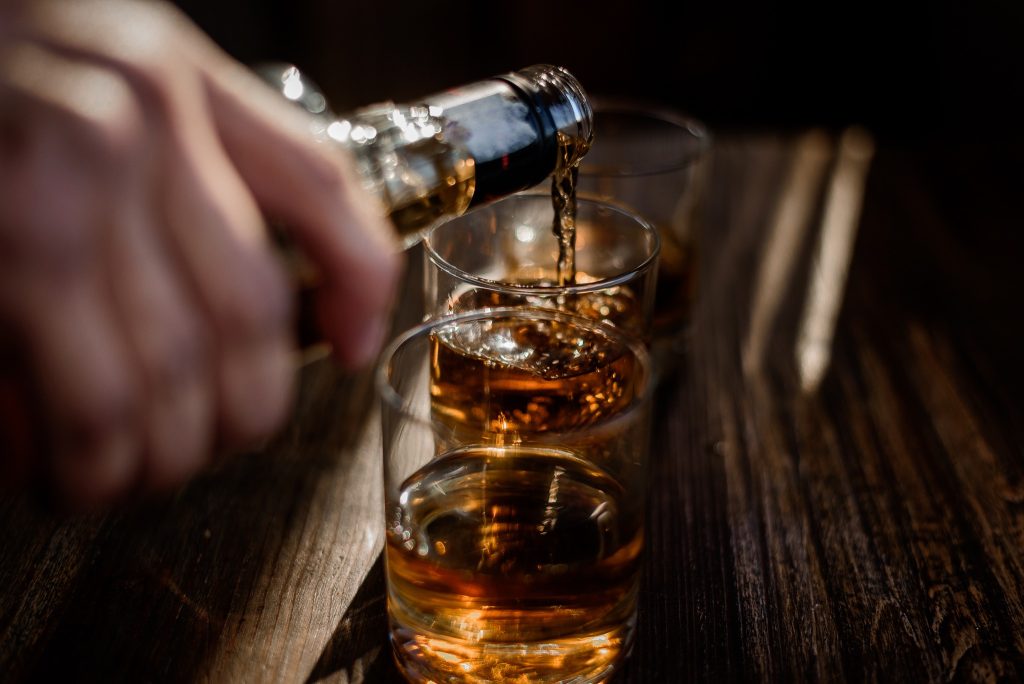
Happy St. Patrick’s Day! If you’re raising a glass to the patron saint of Ireland, you ought to make it whiskey rather than whisky. Why? Well, the short answer is that ‘whiskey’ refers to the spirit distilled in Ireland, whereas ‘whisky’ comes from Scotland.
It’s not quite that straightforward, though. (It never is, is it?).
The word is a derivation of the Old Irish ‘uisce beatha’, meaning ‘water of life’, a term still used by lovers of the spirit today! Over time, this was pronounced in various ways, and eventually abbreviated and anglicised to ‘whisky’, spelled with or without the ‘e’ pretty inconsistently. Eventually, the Irish drink became known as ‘whiskey’.
Some stories have it that this was a bit of a marketing ploy by nineteenth-century Irish distillers. They were plying their trade in the United States and wanted a way to distinguish their ‘superior’ product. Whether or not that’s true, the spellings stuck and now refer to two distinct products.
There are also differences in the way the drinks are made, including the ingredients used and the distillation and maturation processes that take place, and some of these are legal requirements for classification.
Most of the rest of the world also uses the spelling ‘whisky’. But in the USA it’s usually spelled ‘whiskey’, probably as a result of that Irish immigration.
And the plurals? It’s whiskey/whiskeys and whisky/whiskies.
If whiskey crops up in your novel, take a moment to think about which spelling is most appropriate for your story and its setting. And use it consistently.
Oh, and if you need a way to remember which is which, you could try my really simple method: whiskey is spelled with an ‘e’ and so is Ireland 🙂
